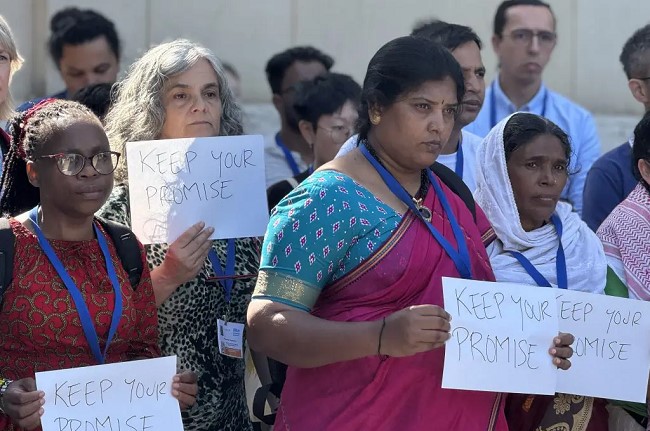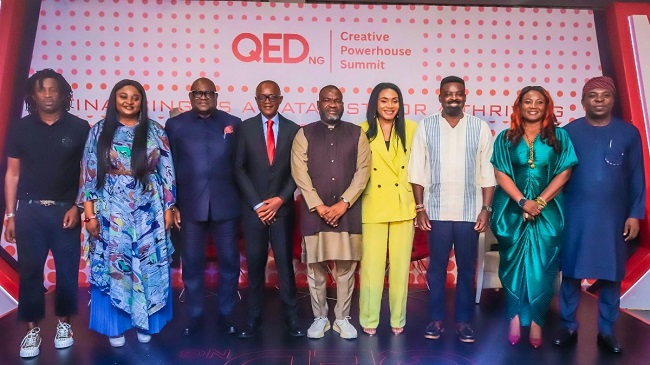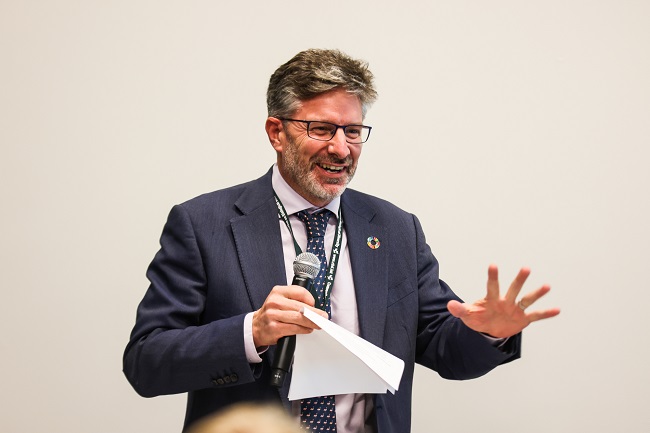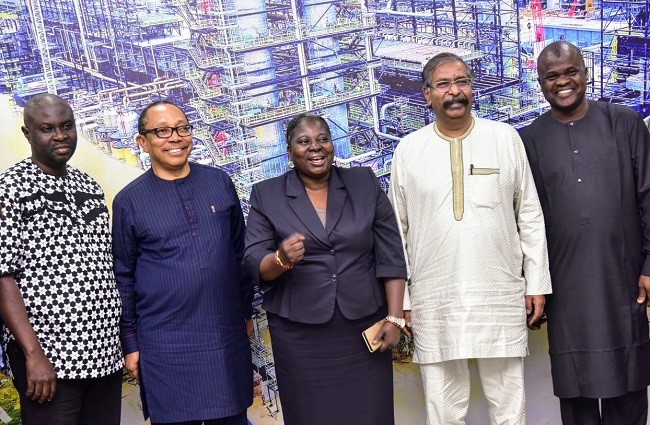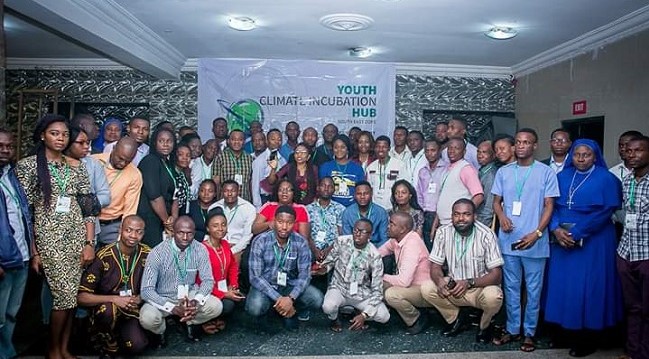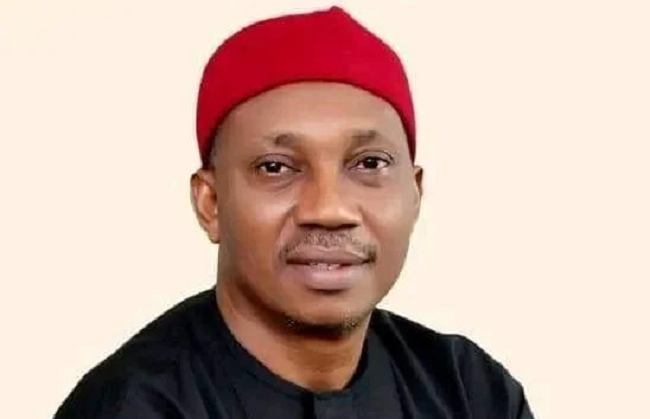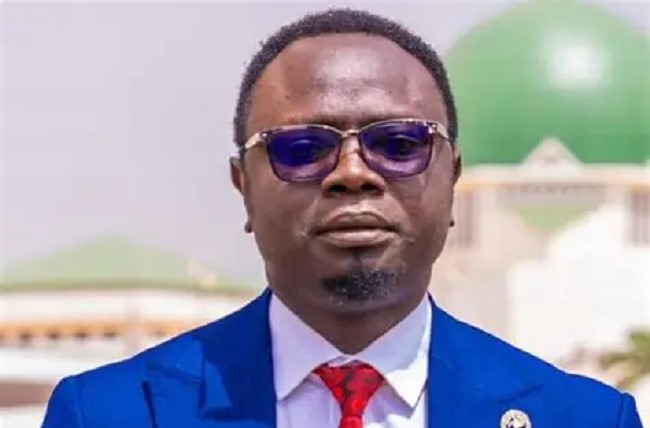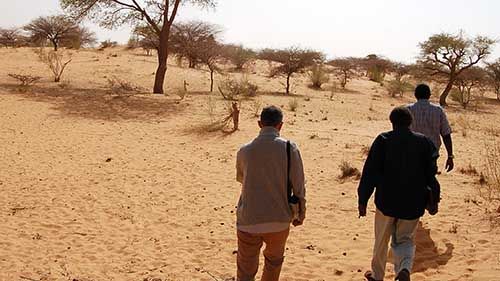Shell’s plans to explore for oil and gas in South Africa’s Orange Basin, recently granted environmental authorisation to drill up to five deepwater wells, now faces a court appeal from environmental groups and coastal communities.
While legal challenges are a natural part of democratic governance, there is broad consensus on the urgent need to streamline South Africa’s permitting processes to prevent unnecessary delays and roadblocks – especially those often driven by Western-funded environmental NGOs. Expediting energy project approvals with responsible safeguards will help unlock the country’s vast resource potential without compromising natural heritage.

South Africa’s energy landscape is at a crossroads. The country imports roughly 70% of its oil consumption, exposing its economy to volatile global markets and price shocks. Offshore exploration in the Orange Basin offers a pragmatic path to strengthen energy security and reduce reliance on expensive imports. Shell’s project, located in the Northern Cape Ultra Deep Block near Namibia’s major Venus discovery – which is expected to produce over 100,000 barrels per day – could be transformative for South Africa and the wider Southern African Development Community (SADC) region.
Addressing Environmental Concerns with Rigorous Safeguards
Environmental groups have raised concerns about the potential impacts of drilling and seismic surveys on marine life. However, Shell’s authorisation followed a comprehensive Environmental and Social Impact Assessment incorporating rigorous safeguards. Modern seismic surveys utilise carefully controlled low-frequency sound waves designed to minimise disturbance, supported by decades of research and over $30 million annually invested in monitoring and mitigation technologies.
More than 35 seismic surveys have been conducted offshore South Africa over the past decade with no recorded significant harm to marine ecosystems. The oil and gas industry continues to invest in innovations like passive acoustic monitoring and phase ramp-up procedures to protect marine mammals.
Shell plans to drill between 3,500 and 3,200 meters below sea level, making it among deepest offshore wells globally and the deepest ever attempted in South Africa. The company robust contingency plans to swiftly address rare incidents like blowouts, underscoring its commitment to safe, responsible exploration in ultra-deepwater environments.
Urgent Call for Litigation and Regulatory Reform
As the voice of the African energy sector, the African Energy Chamber (AEC) strongly calls for immediate reform of litigation and upstream petroleum legislation to prevent disruptive, meritless legal challenges by foreign-funded NGOs including Greenpeace, Just Stop Oil, Extinction Rebellion, the Green Connection and Natural Justice. Such litigation threatens to halt vital projects, seismic surveys and drilling campaigns abruptly, undermining investor confidence and delaying Africa’s energy progress.
“Implementing these reforms will safeguard South African infrastructure and energy projects from unjustified legal roadblocks, establishing a stable regulatory environment critical for long-term investment. This stability is essential for positioning Africa as a preferred destination for oil and gas investment and for accelerating regional economic growth,” says NJ Ayuk, Executive Chairman, African Energy Chamber.
Advancing Africa’s Offshore Energy Frontier
South Africa is part of a wider African trend toward expanding offshore energy development. Companies such as TotalEnergies, Africa Oil Corp and Eco Atlantic are increasing their exploration activities, encouraged by progressive regulatory reforms improving investment conditions. The recent Upstream Petroleum Resources Development Act represents an important step in fast-tracking exploration and production while balancing environmental protection.
Shell and other energy companies drilling in South Africa will boost domestic energy production, create jobs and stimulate economic growth across the SADC region. Unlocking Africa’s oil and gas resources delivers far-reaching benefits – developing skills, generating government revenues for social programs and economic diversification, improving infrastructure and providing pathways out of energy poverty for many communities.
Balancing Energy Needs for Africa’s Future
While renewables are necessary for Africa’s long-term energy transition, fossil fuels remain indispensable today for meeting growing demand and powering economic growth. A just and pragmatic energy future recognizes the need to responsibly develop all available resources.
Shell’s Orange Basin project embodies this vision. It is an opportunity to bolster South Africa’s energy independence, stimulate economic growth and deliver tangible benefits to communities. The AEC encourages all stakeholders – government, industry and civil society – to work together to ensure exploration proceeds safely, transparently and in the interest of all Africans.
The court appeal underscores the importance of open dialogue and due process, but it should not overshadow the urgent need to advance energy development projects that can transform the continent. Africa deserves to harness its resources for the benefit of its people, and projects like Shell’s Orange Basin exploration are a vital part of that future.
“Africa stands at the threshold of an energy revolution that can drive sustainable growth and lift millions out of poverty. There is widespread agreement on the urgent need to streamline South Africa’s permitting system and enact litigation reforms to prevent unwarranted delays from foreign-funded environmental groups, while still protecting the environment.
“We urge all stakeholders to come together to support Shell and other energy companies drilling in South Africa, which will increase domestic energy supply, create employment and drive economic growth throughout the SADC region,” states Ayuk.

